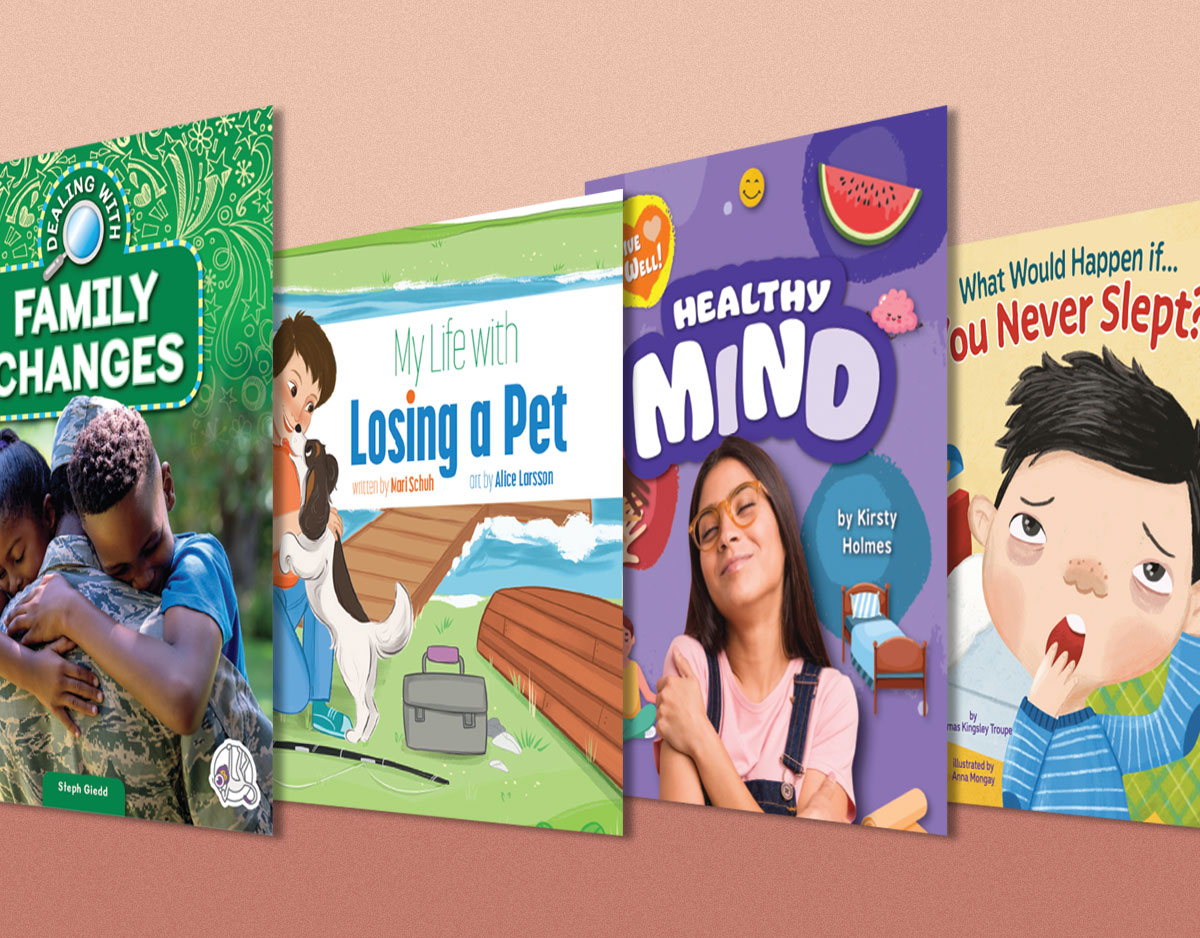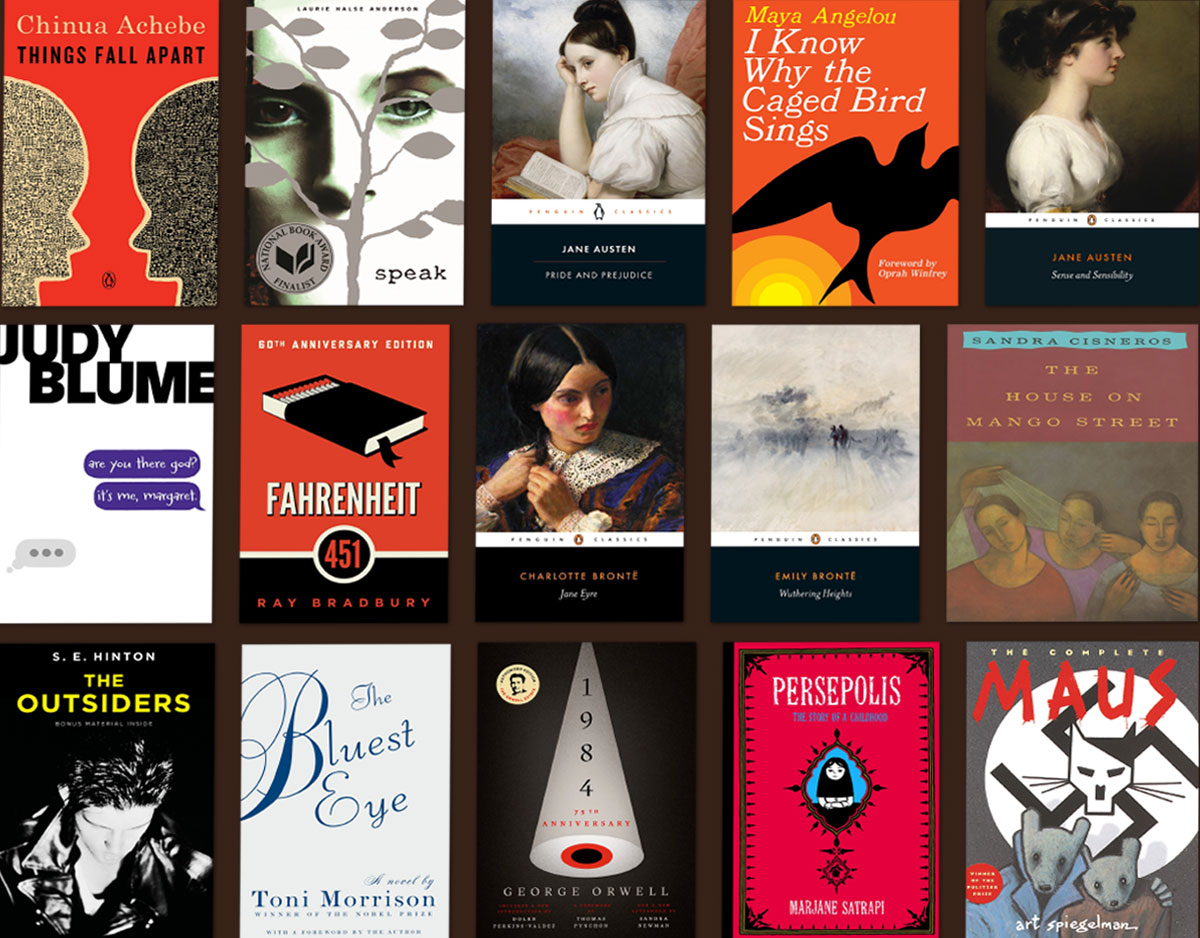A Case for Fun and Games, a guest post by Andrew Auseon
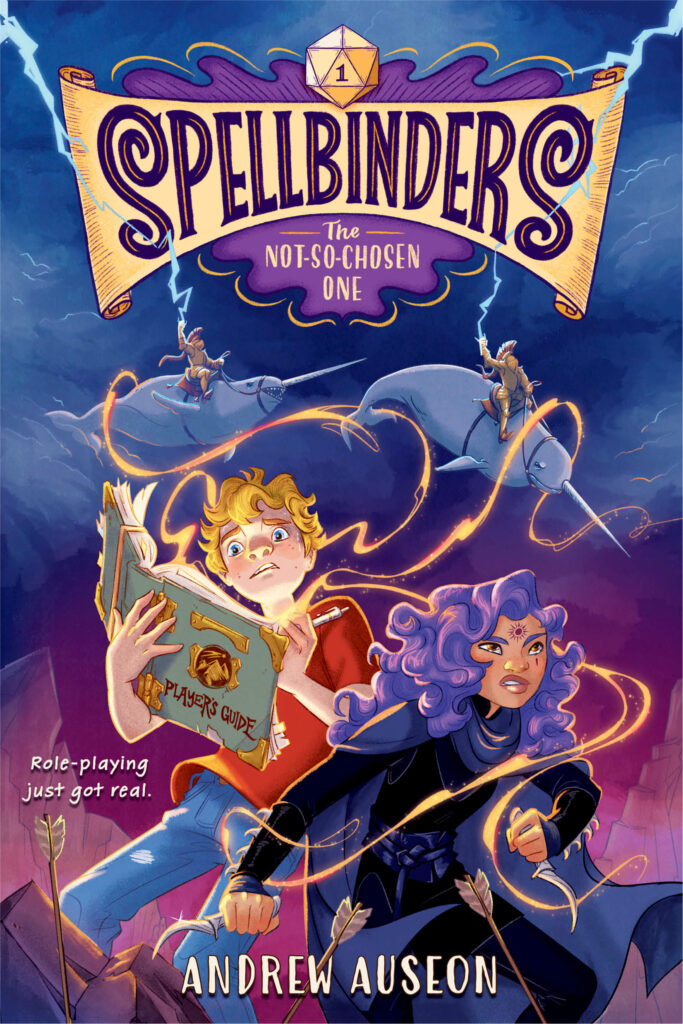
Games. Humor. Play. These are precious resources in 2023. Ben, the main character of my new novel, Spellbinders: The Not-So-Chosen One, clutches at threads to keep the world around him from unraveling. He finds meaning and understanding in games. The imaginative worlds he shares with his closest friends—and a few online strangers—are as real as anything he experiences outside the walls of his apartment. Despite their virtual nature, they provide him with the tools needed to confront and overcome the obstacles of everyday childhood. Games are his secret weapon, and for many kids making their way in our complex modern world, they can be quietly revelatory.
At the height of our family’s two-year COVID-19 quarantine, our social unit (two adults, two children) struggled like so many families to remain united despite the pressures of remote work and school, a confined living space, and endless stretches of time. For months, we filled the children’s hours with activities. Movie nights. Takeout. Hikes. We read aloud the first five Percy Jackson novels (with voices). But despite our best efforts, both children, who were twelve and fifteen at the time, often vanished for hours into the virtual worlds of video games.
ADVERTISEMENT
ADVERTISEMENT
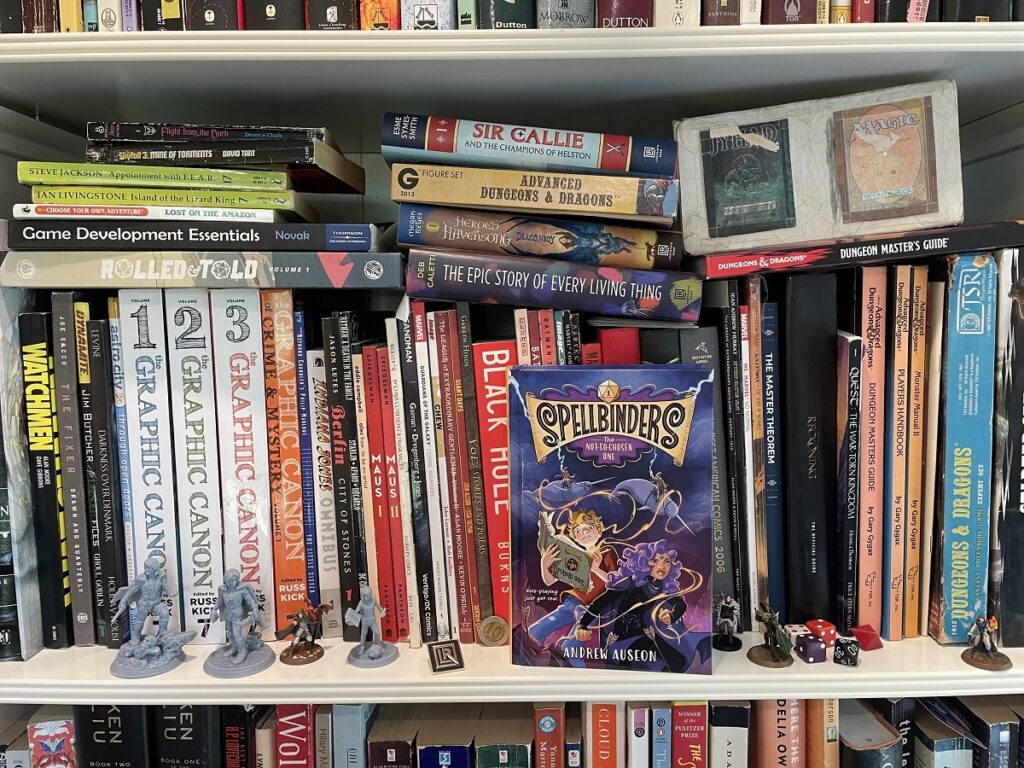
Like millions of kids, they fell hard for Among Us and Animal Crossing. Over the course of their isolation, they played a list of conventional and unconventional games, everything from The Sims 4 to Jackbox party games, from online Dungeons & Dragons to Your Turn to Die, an intense, somewhat disconcerting Japanese “death game.”
Initially, we worried about all that time spent “alone” in their rooms in front of screens. That is until we heard something that comforted us like nothing else could during that time: laughter—uproarious laughter—broken every so often by excited conversation and debate with their fellow players, many of whom would go on to become close friends over our literal years of mutual isolation. True, many games are played alone, but just as many or more are played together; and even solo and single-player games exist in a sphere of fandom enjoyed by whole communities. They are a collective endeavor.
You’d think I’d know this by now. I’ve been a professional game writer and narrative designer for 18 years, and before that I created my own systems, mechanics, and immersive worlds, sometimes alone, sometimes with a willing partner. The first school projects I remember creating were board games inspired by class subject matter like The Hobbit or the vaguely named “Australian Adventure!” But even with all my experience, I still had the foolish tendency to dismiss the importance of games, especially in a world riven with online hate, toxic politics, misinformation, and a global medical emergency, on top of everything else. I’d forgotten the basic tenets, that at its core, every game is a collection of rules, and playing is the process of thriving in a controlled system, of making order from chaos, of finding your own agency.
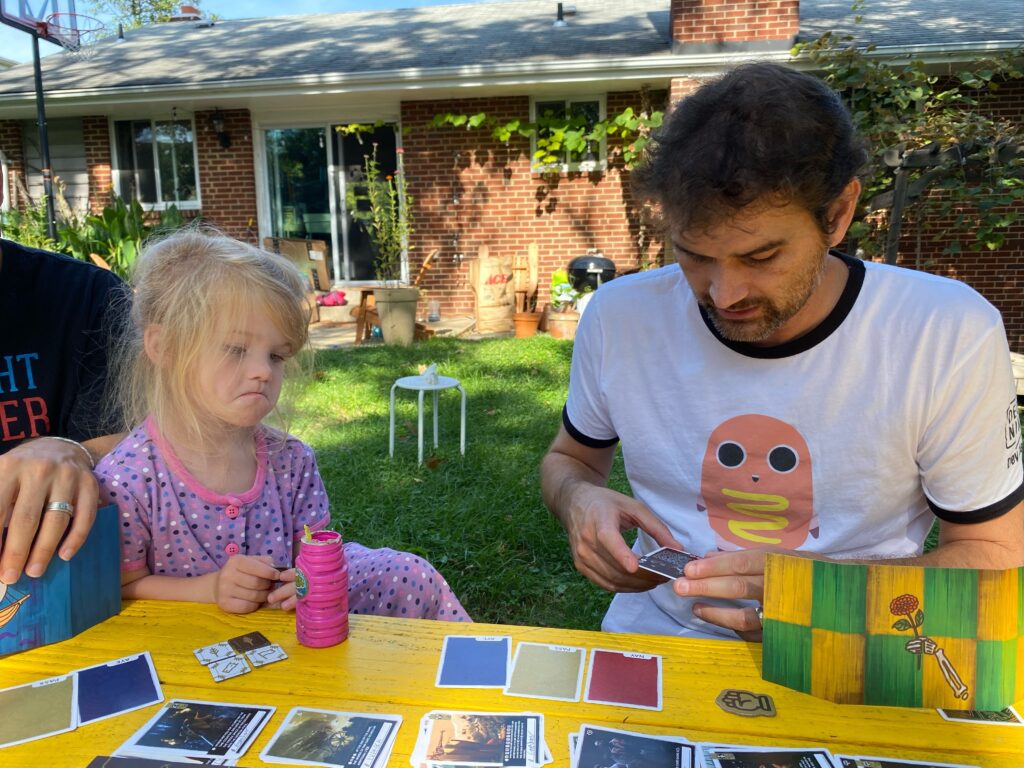
When I was a middle schooler, I spent mornings before class crammed into an overcrowded cafeteria, huddled in the corner with other kids discussing the latest Nintendo cheat code, or scrutinizing the pages of a game manual someone had brought in from home. Together, we lost ourselves in fantasy worlds that often felt more intriguing than the real one, where we often felt like NPCs, or side characters in other, more important people’s stories.
Much of childhood, and later adolescence, resembles an exercise in experience without meaning. Nothing is fair. Rules seem arbitrary. Your goals, which are often set by adults, feel mysterious and distant, a problem for another day. Games, however, require a certain undeniable logic to function properly; otherwise, they “break.” If you play a game well, you are guaranteed success, which is certainly not the case for life in a typical middle school. For many of us, Dungeons & Dragons, Super Mario Brothers, or Among Us may be the first time we ever have had the chance to feel control over what lay before us, fictional or otherwise.
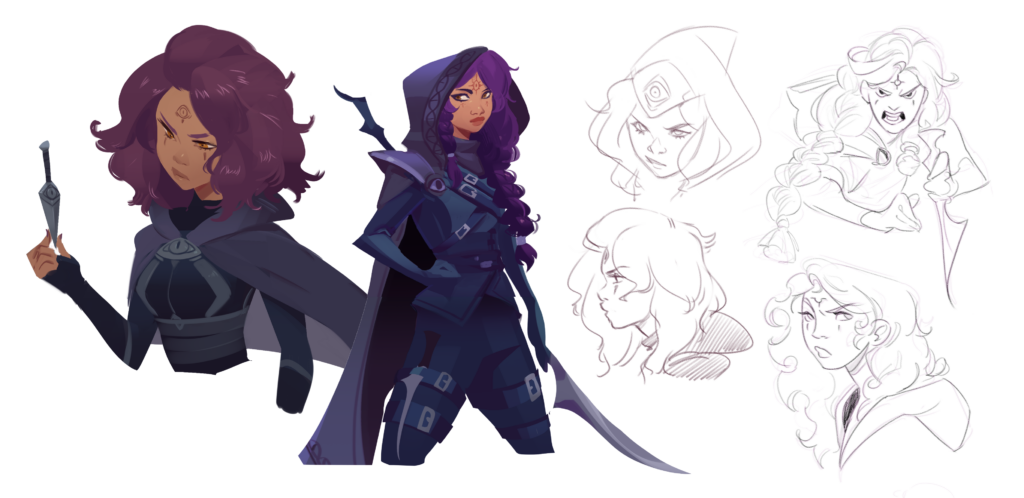
On the surface, Spellbinders: The Not-So-Chosen One is a story of family, silliness, and adventure. But it’s also a celebration of games. They are an important part of our everyday lives, not only for their many fleeting pleasures, but for how our imaginations act as a safe, virtual space to explore our personal strengths and limitations. They allow us to find our own way while often working with others to co-create the future. My protagonist, Ben, finds joy in building and playing games, but more importantly, he uses them to experience a version of reality where he holds all the power, albeit briefly. If we as adults (and authors) can’t give our kids a world that makes any sense, the least we can do is let them play in one.
Meet the author

ADVERTISEMENT
ADVERTISEMENT
Andrew Auseon is the author of several books for children and young adults, and he is the writer of numerous bestselling and award-winning video games. A transplant from the Midwest, he lives in Washington, D.C. with his family and two very naughty cats. He loves breakfast cereal, the sound of the ocean, and the feeling of a brand-new book in his hands.
You can connect with him on his website, spellbindersbooks.com, or on social media:
Twitter: @andrewauseon
Instagram: @aauseon
About Spellbinders: The Not-So-Chosen One
“Ben may only be pretending to be the ‘Chosen One’—but I’ve definitely chosen this one as my favorite new fantasy series.”
—Max Brallier, #1 New York Times bestselling author of the Last Kids on Earth series
How far would you go to play the hero? One lonely seventh grader gets way more than he bargained for when he is swept into the fantasy quest of his gaming dreams in this magical illustrated series full of laughs, adventure, and twists.
Ben doesn’t feel chosen by anybody—not by his friends, who haven’t kept in touch since he moved after his parents’ divorce, or by his mom, who’s so busy he barely sees her. He spends all his time living in fantasy worlds and writing extensively planned adventure campaigns in his role-playing-game notebook. So when Niara, a character who could be right out of one of his favorite games, shows up and tells him he’s destined to save her realm (like, foretold-by-a-prophecy destined), Ben has two possible moves: tell her the truth or play along. He’s tired of feeling left behind, so his choice is clear—game on.
One interdimensional portal later, Ben is in full hero mode. At first, adventuring in Lux seems like a dream come true, but pretending to be the Chosen One—and lying to his new friends—isn’t quite what he imagined it to be. And the more he learns about Lux and his quest, the more he realizes this is way beyond a game—and the rules seem to be changing as he goes. In fact, it might be time for him to write some new ones.
ISBN-13: 9780593482711
Publisher: Random House Children’s Books
Publication date: 06/06/2023
Series: Spellbinders #1
Age Range: 8 – 12 Years
Filed under: Guest Post
About Amanda MacGregor
Amanda MacGregor works in an elementary library, loves dogs, and can be found on Twitter @CiteSomething.
ADVERTISEMENT
ADVERTISEMENT
SLJ Blog Network
The 2024 Ninja Report: Bleak
A Sequel Coming This Summer That You Won’t Want to Miss: Bob Shea Discusses His Latest
Review| Agents of S.U.I.T. 2
ADVERTISEMENT





